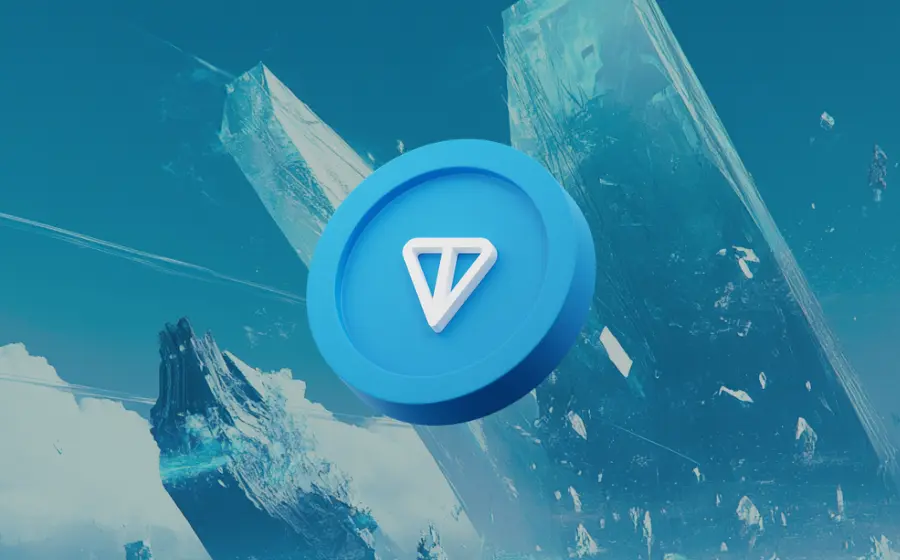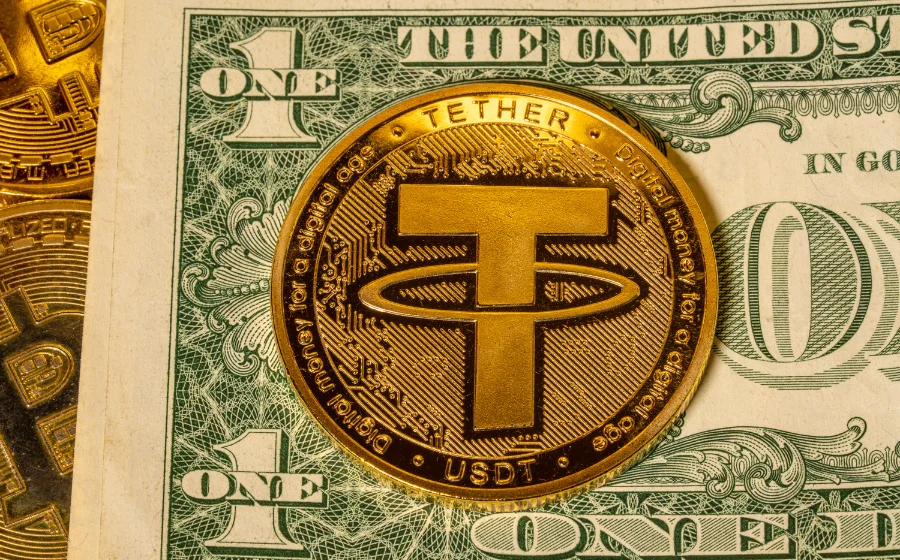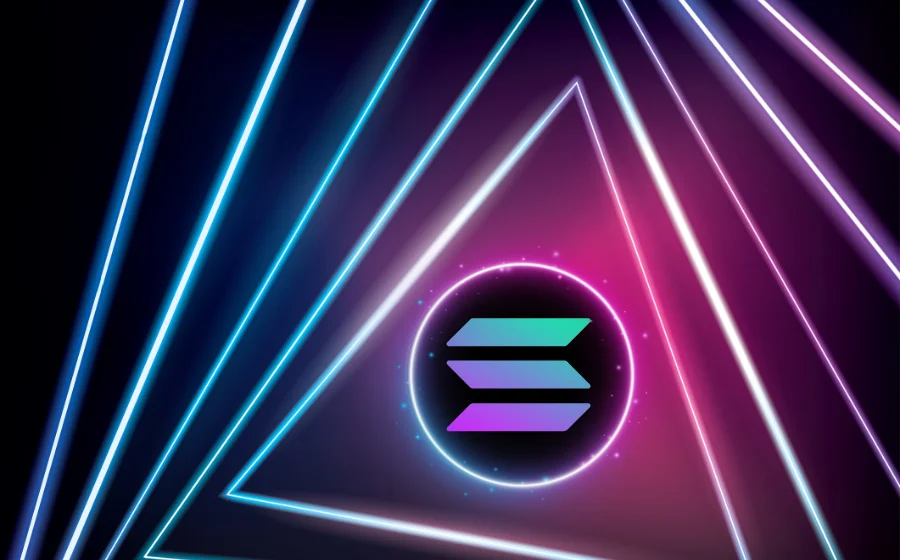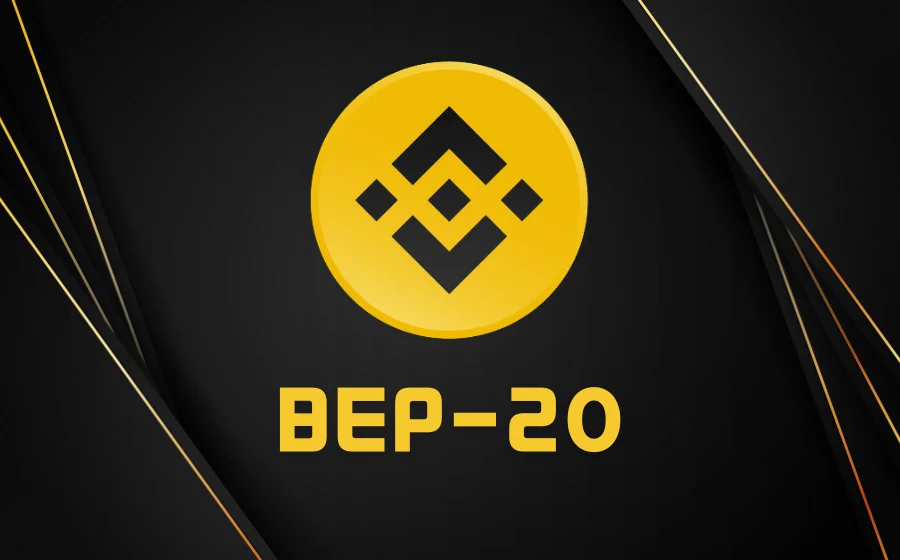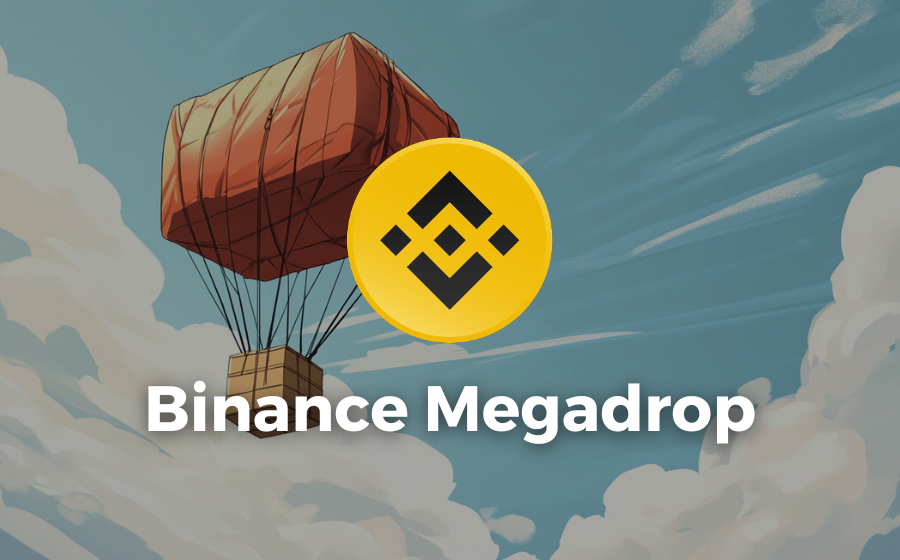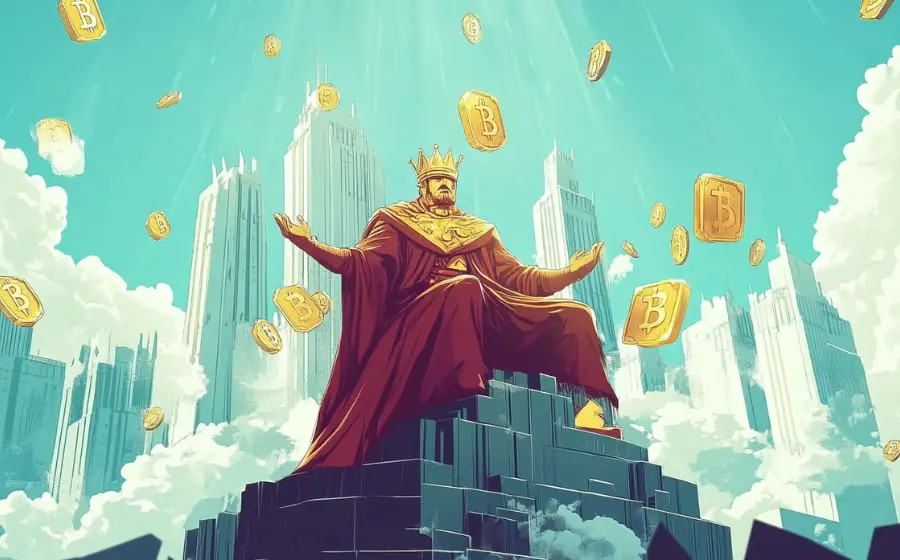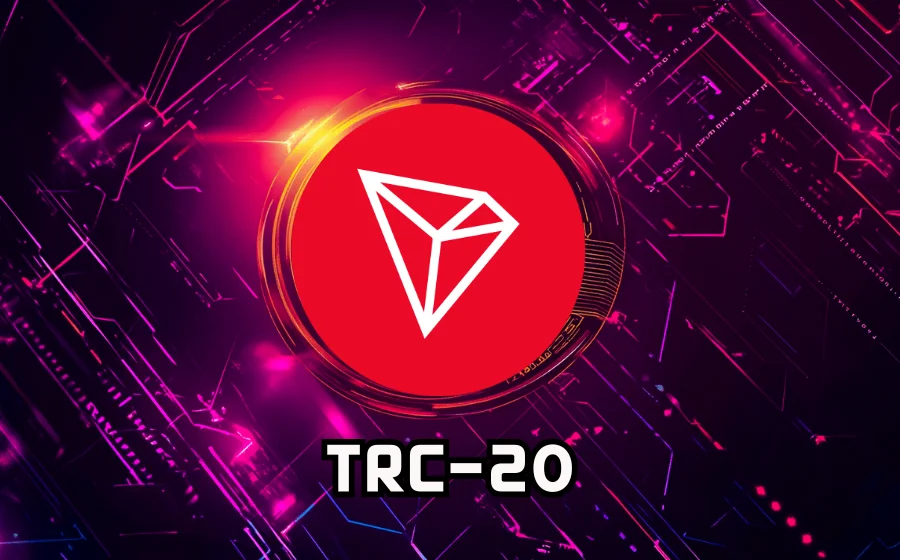
KEYTAKEAWAYS
- TRC-20 tokens are essential to Tron’s ecosystem, providing fast, low-cost, and scalable solutions for dApps and DeFi.
- TRC-20 enables easy integration with Tron’s wallets and DEXs, promoting seamless asset transfers and decentralized applications.
- With Tron’s ecosystem growing, TRC-20 tokens are expected to drive innovation and expand use cases in digital asset management.

CONTENT
TRC-20 is the Tron blockchain’s token standard, enabling fast, low-cost transactions and seamless integration with dApps, wallets, and DEXs for DeFi, gaming, and digital assets.
WHAT IS TRC-20?
TRC-20 is a token technical standard on the Tron blockchain, similar to Ethereum’s ERC20 standard.
It provides a framework for creating fungible tokens that can represent various digital assets, such as cryptocurrencies, utility tokens, and stablecoins.
Tokens created under the TRC20 standard can seamlessly interact with dApps, wallets, and decentralized exchanges (DEX) within the Tron ecosystem.
➤ Purpose of the TRC-20 Standard
The TRC-20 standard ensures that tokens created on the TRX blockchain are interoperable, enabling secure transfers and consistent functionality.
TRC-20 tokens are generated through smart contracts, which define key functionalities like transfers, balance inquiries, and approvals.
These smart contracts are powered by the Tron Virtual Machine (TVM), allowing automated and transparent transactions.
TRC-20 tokens have diverse applications, from storing value to facilitating complex smart contract interactions.
Users can manage their tokens using Tron-compatible wallets, transfer them to other addresses, and swap tokens directly on DEXs without intermediaries.
➤ How Does TRC-20 Work?
The TRC-20 standard allows developers to issue tokens that follow predefined rules. To create a TRC-20 token, developers write a smart contract in Solidity, the same programming language used for Ethereum smart contracts.
This contract defines the token’s operations, including transfers, total supply, and balance inquiries.
>>> More to read: Understanding Tether USDT
TRC-20 TOKENS KEY FEATURES
TRC-20 tokens are designed to support various dApps and services, offering significant advantages in speed, efficiency, and scalability.
The following are the key features of TRC-20 tokens:
1. Smart Contract Execution
TRC-20 tokens are created and managed through smart contracts on the Tron blockchain. These contracts establish rules for token transfers, balance checks, and approvals, making them highly flexible and programmable.
2. High Compatibility
TRC-20 tokens are fully compatible with all dApps, wallets, and DEXs on the Tron blockchain. This compatibility promotes smooth trading and integration across the ecosystem.
3. Fast Transactions and Low Fees
The Tron blockchain processes thousands of transactions per second, making it suitable for projects requiring high-speed, frequent transfers.
Additionally, Tron’s low transaction fees improve the overall cost-effectiveness of using TRC-20 tokens.
4. Decentralization and Security
The Tron blockchain uses a Delegated Proof-of-Stake (DPoS) consensus mechanism, ensuring network security while maintaining decentralization.
All TRC-20 token transactions are permanently recorded on the blockchain, providing transparency and robust security.
5. Energy and Bandwidth System
Tron’s unique energy and bandwidth system reduces the cost of executing smart contracts and token transactions, creating a more efficient environment for developers and users.
>>> More to read: What Are Gas Fees? How Do They Work?
PROS AND CONS OF TRC-20
Like other blockchain-based technologies, TRC-20 tokens offer several benefits and drawbacks that developers and users should carefully evaluate.
➤ Pros
- Fast Transactions: Tron’s blockchain can process transactions within seconds, outperforming Ethereum, which often experiences delays during network congestion.
- Low Transaction Costs: Tron’s energy and bandwidth system allows users to execute smart contracts and transactions at minimal fees, making it cost-effective for frequent transactions.
- Scalability: Tron’s high throughput supports large-scale applications, such as gaming platforms and DeFi protocols.
- Ecosystem Compatibility: TRC-20 tokens integrate seamlessly with other tokens and applications within the Tron ecosystem, ensuring a consistent user experience.
- Growing Ecosystem: The expanding range of dApps, wallets, and DEXs on Tron offers numerous opportunities for TRC-20 token utilization.
➤ Cons
- Network Exclusivity: TRC-20 tokens are native to the Tron blockchain and cannot be directly transferred to other blockchains (e.g., Ethereum or BSC) without using cross-chain bridges.
- Smaller Ecosystem: Although Tron’s ecosystem is growing, it remains smaller than Ethereum’s, which may require developers and users to adapt to Tron’s unique features.
- Network Fluctuations: While Tron is designed for high throughput, occasional network congestion may still occur, potentially affecting performance.
>>> More to read: TRX: The Key of TRON’s Ecosystem
TRC-20 TOKENS APPLICATIONS & USE CASES
TRC-20 tokens have versatile applications, especially in DeFi and digital content ecosystems. Here are some common use cases:
- In-App Currencies for dApps: Many dApps on the Tron blockchain use TRC-20 tokens for internal transactions.
For example, platforms like TRONBet and WINk utilize TRC-20 tokens for betting, rewards, and transactions.
- Token Fundraising: TRC-20 tokens are widely used in Initial Coin Offerings (ICOs) and Security Token Offerings (STOs), enabling companies to raise funds by issuing tokens to investors.
- Gaming and Virtual Worlds: Tron’s blockchain has significant adoption in gaming platforms, where TRC-20 tokens function as in-game currencies, facilitate purchases of virtual goods, and create NFTs.
BitTorrent Token (BTT), for instance, enhances content sharing within the Tron ecosystem.
- Decentralized Governance: Many platforms leverage TRC-20 tokens for governance. Token holders can stake tokens to earn rewards and participate in decision-making by voting on proposals.
- Digital Rewards Programs: TRC-20 tokens allow businesses to develop digital loyalty and reward programs, enabling users to earn and redeem points securely and transparently.
>>> More to read: Blockchain Trilemma | The Challenge of Blockchain
TRC-20 SUMMARY
The TRC-20 token standard plays a vital role in the TRX blockchain, offering developers and users an efficient and scalable way to create and manage digital assets.
With fast transaction speeds, low fees, and seamless integration into the Tron ecosystem, TRC-20 tokens have become essential in DeFi, gaming, and asset transfers.
Their flexibility and ease of use make them an ideal choice for building decentralized applications.
As the Tron ecosystem continues to grow, TRC-20 token adoption is expected to increase, driving innovation and broader usage.
With rising demand for fast and cost-effective blockchain solutions, TRC-20 will remain a key factor in Tron’s development, benefiting businesses and individual users alike.

